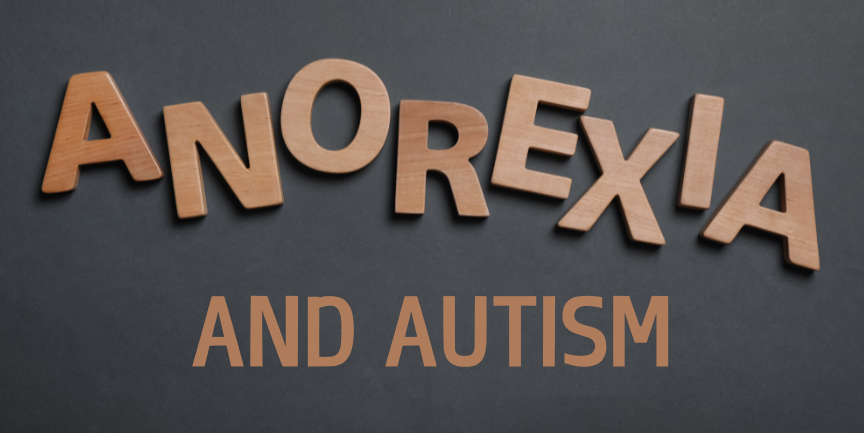A Research Summary
This summary is based on the findings from Loomes et al. (2024), 'Understanding the Autistic Experience of Restrictive Eating Disorders – A Systematic Review and Qualitative Synthesis'. The study highlights key themes emerging from qualitative research on autism and restrictive eating disorders.
Eating disorders, particularly anorexia nervosa (AN), have long been studied in medical and psychological research. However, for autistic individuals, the experience of an eating disorder can be significantly different from that of non-autistic individuals. This research systematically reviewed existing qualitative studies to better understand how autism and restrictive eating disorders interact and what changes might be needed in treatment approaches.
Autism and restrictive eating experiences interact in unique ways that are not always recognised in traditional treatment approaches. Below, we expand on five key insights from the research to help improve understanding and support for autistic individuals with eating disorders.
1. Autism Can Influence Eating Experiences in Different Ways
- Many autistic individuals develop restrictive eating patterns due to sensory sensitivities, difficulty recognising hunger cues (interoception differences), or a need for routine rather than body image concerns.
- Avoiding certain foods or restricting intake can be a way to manage overwhelming sensations, reduce anxiety, or create predictability in daily life.
- Interventions focusing primarily on body dissatisfaction may not be effective for autistic individuals, as the underlying factors often differ from those in non-autistic individuals.
2. Current Treatments Need Adaptations to Be More Effective
- Standard treatments often assume cognitive flexibility, emotional awareness, and social motivation, which may not align with autistic experiences.
- Therapy techniques that require verbalising emotions (e.g., alexithymia difficulties), interpreting abstract concepts, or making rapid behavioural changes can be challenging for autistic individuals.
- More flexible and structured approaches, such as visual supports, concrete language, and longer treatment durations, may improve engagement and outcomes.
3. Late Autism Diagnoses Can Make Recovery More Challenging
- Many autistic individuals receive their autism diagnosis years after their eating difficulties begin, meaning their needs may not be recognised or supported in early treatment.
- Without an understanding of autism-related factors, treatment may not address the root causes of restrictive eating, leading to frustration and disengagement from care.
- Timely access to autism assessments and support can help individuals receive more appropriate care earlier in their treatment journey.
4. Training and Awareness Are Essential for Effective Support
- Many healthcare professionals lack training in the intersection of autism and eating disorders, leading to misinterpretations of behaviours.
- Autism-related differences in sensory processing, communication styles, and routines may be mistaken for treatment resistance or noncompliance.
- Incorporating neuroaffirmative training in eating disorder services can help clinicians provide better support and create a more accessible and validating treatment environment.
5. Strengthening Support Systems is Crucial
- Families and caregivers often take on a significant advocacy role due to gaps in autism-informed care, which can lead to additional stress and exhaustion.
- Many caregivers report feeling unsupported and struggling to find treatment options that consider both autism and eating-related challenges.
- Expanding peer support networks, increasing access to education resources, and fostering clinician-family collaboration can improve outcomes and ease the burden on caregivers.
Where to From Here?
We are excited to present a half-day training on Autism and Anorexia Nervosa, which will be helpful to parents, professionals and autistic people with anorexia nervosa.
Reference
Loomes, R., Chivers, K., Georgeaux-Healy, C., Mandy, W., & Jewell, T. (Accepted/In press). Understanding the autistic experience of restrictive eating disorders – a systematic review and qualitative-synthesis. European Eating Disorders Review.
